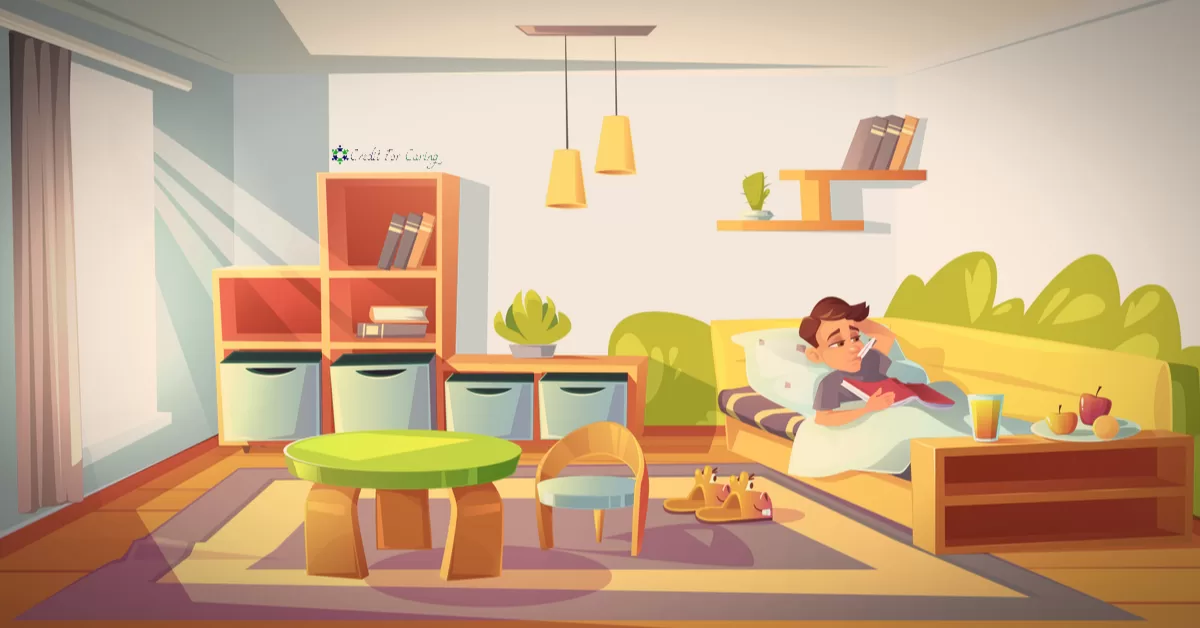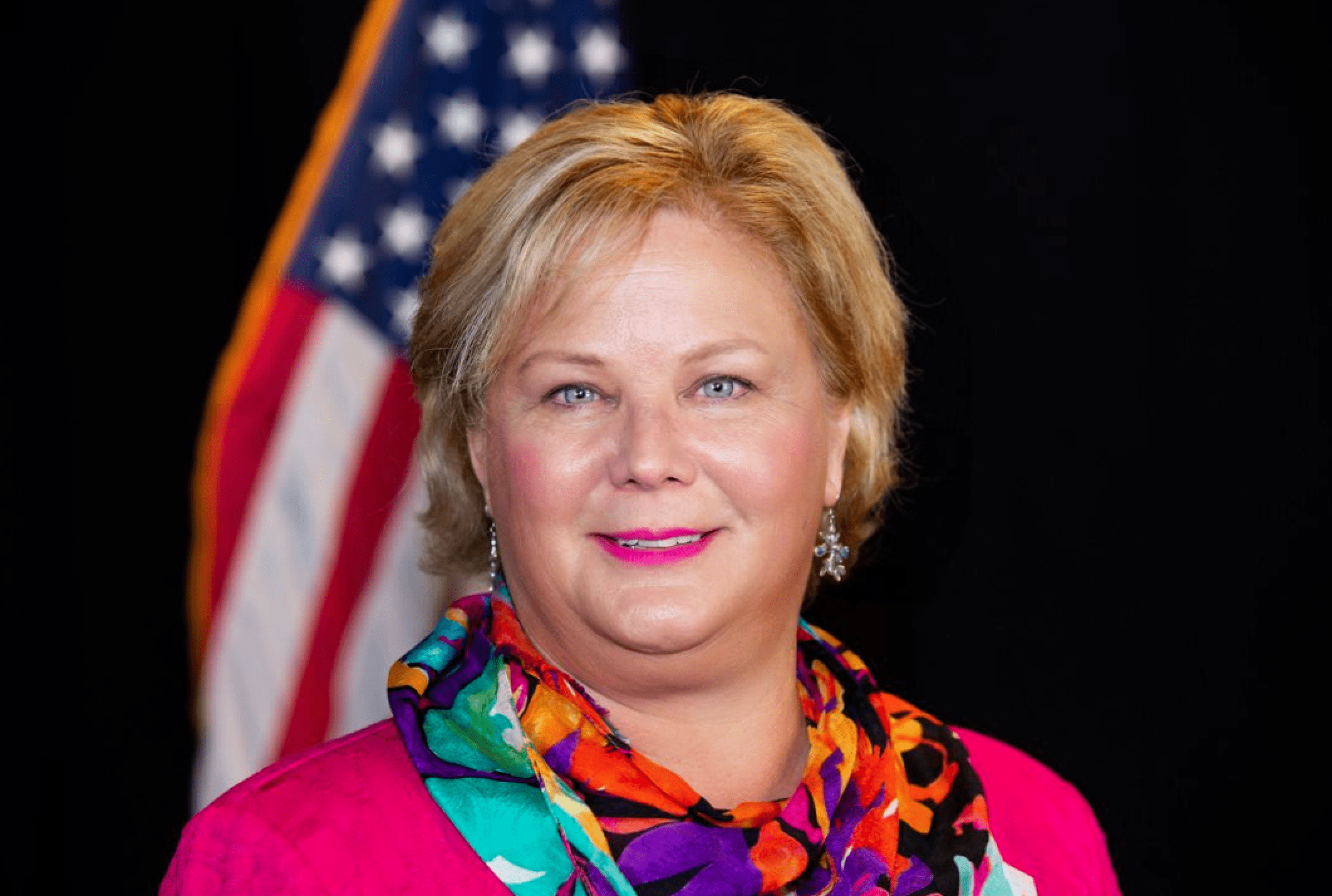There’s No Place Like Home
The Year 2062
Did you watch “The Jetsons” cartoon when you were young? Hanna Barbera Productions created this ‘space age’ animated series in the early 1960s in the fictitious Orbit City. Guess what year the ‘space age’ was set in? 2062, four decades from now. This futurist lifestyle was entertaining then and now seems a wee bit haunting. Today we have virtual work and healthcare, robots cleaning our house, voice-first devices that can operate our environment, and driverless cars. While some aspects of The Jetsons remain too far-fetched, even by today’s standards, the reality of healthcare in your home and on your wrist is here.
Hospital-At-Home
Today you can “go” to the hospital in your home just like George Jetson! According to the American Hospital Association, Hospital-at-home enables some patients who need acute-level care to receive care in their homes, rather than in a hospital. In November 2020, the Centers for Medicare & Medicaid Services launched the Acute Hospital Care At Home program to provide hospitals expanded flexibility to care for patients in their homes.

Five Reasons to use this New Care Model
1. Quiet, please! By this I mean, receiving care at home is quieter. Hospitals are notorious for lots of sound like the public address system, the television blaring different stations, beepers, and pings of medical technology, the squeaky carts rolling up and down the hallways. I’ll stop there. Receiving care at home is peaceful and restive for most people.
2. Care is personalized. The care team really gets to know you as a person, not the ‘knee replacement in bed 5B’ as staff often reference patients by their diagnosis and location. In fact, the care team is in your home. They walk in your shoes, sort of, or at least down the same path as you from your bed to the toilet or kitchen. It is truly patient-centered care.
3. Care team teaches and plans. Your family members become active care team members. The professionals teach families how to administer medicine, watch for signs and symptoms, teach basic transferring and personal care skills, and create action plans for chronic medical conditions to reduce the need for future hospitalizations.
4. Careful monitoring. This model is built on early detection, connected care. Technology, data, and communication devices are essential for Hospital-at-Home to succeed. In fact, remote patient monitoring equipment has become so easy to set up and use today. Additionally, many Hospital-at-Home programs send physicians or other health practitioners into the home as a rapid response team when a monitor detects a problem.
5. Less expensive than inpatient care. According to Johns Hopkins Hospital, Hospital-at-Home is 19 to 30% less expensive than inpatient care with better outcomes, fewer complications, restraints use, and deaths. The lower cost is attributed to less laboratory testing and shorter stays.
These new care models will continue to emerge in every community. Like The Jetsons, we can see the doctor from the comfort of our couch. I hope you will consider this option when the need arises.
Yours in Health,
Monica Stynchula, MSW, MPH




